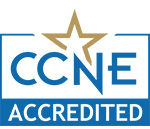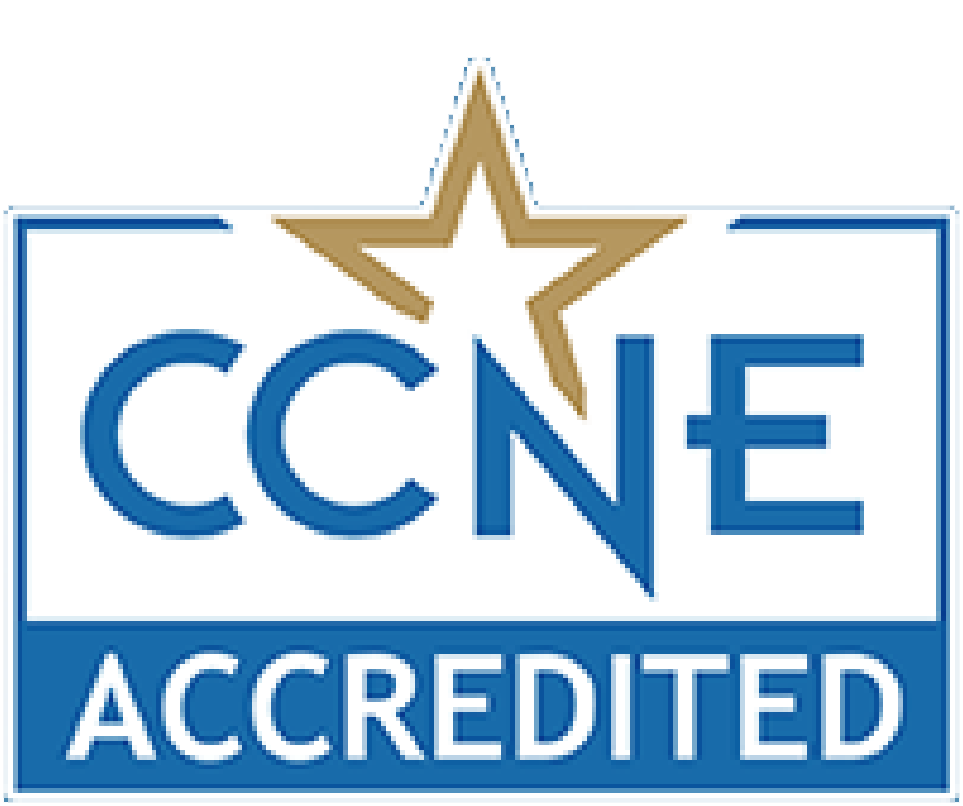Master of Science in Nursing Population Health Specialty Track
MSN Population Health Track Courses
This course provides an overview of the foundational concepts and models that shape the health of populations and influence population health management. Epidemiologic applications, determinants of health, health literacy, environmental hazards, and access to health-related resources are explored. Frameworks to guide health promotion, diminish health risks and eliminate health disparities at the population level are examined along with implications for advanced nursing practice.
This course focuses on the assessment of population health across health care delivery settings and geographic regions. Emphasis is placed upon the analysis of assessment findings to identify population health resources, risks and disparities to inform strategies to advance population health outcomes
This course focuses on planning, implementation and evaluation of evidence-based, population-focused interventions to address health risks and disparities across selected health care delivery settings. Ethical and legal considerations, principles of interprofessional collaborative practice, safety and high-quality care are integrated to promote population health outcomes.
In this course, principles of effective leadership will be applied to advocate for population health within complex systems. Approaches to manage population health through advanced nursing practice are examined, along with their impact on health outcomes. Emphasis is placed on the multi-faceted roles of the MSN-prepared nurse to lead endeavors which promote and protect population health across the care continuum.
This course involves an intensive experience designed to broaden perspectives and support the integration of knowledge gained throughout the curriculum. In collaboration with a population health mentor, critical analysis of population health concepts and implementation of population health management strategies occur in a clinical or community-based practice setting. Initiation of an evidence-based practice project relevant to an issue in population health are included.
This course involves an intensive experience designed to broaden perspectives and support the integration of knowledge gained throughout the curriculum. In collaboration with a population health mentor, critical analysis of population health concepts and implementation of population health management continue in a clinical or community-based practice setting. Implementation and evaluation of an evidence-based practice project relevant to an issue in population health are included. In this culminating course, emphasis is placed on synthesis of learning and professional growth in advanced nursing practice
Join a Proudly Accredited Institution
Are you looking for an accredited MSN degree program?
Looking for something else?
Explore our related programs.





